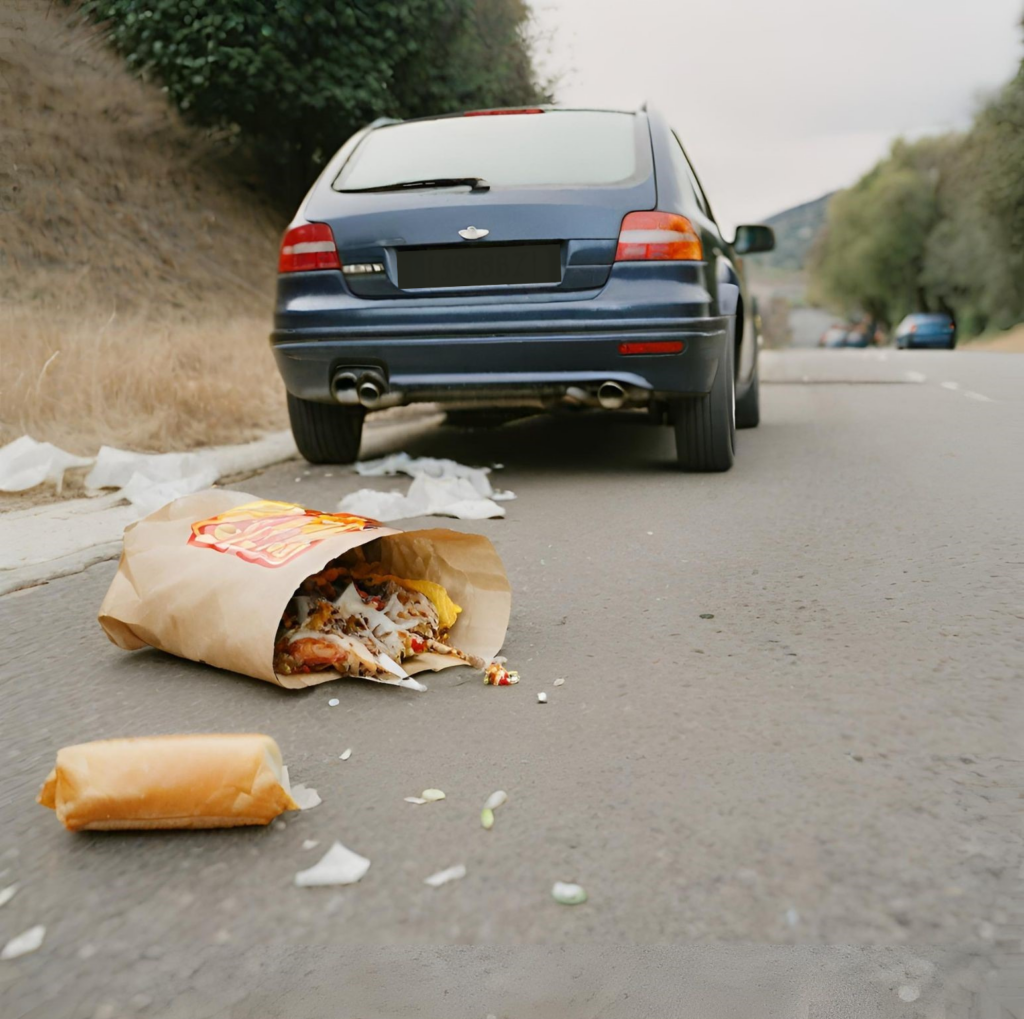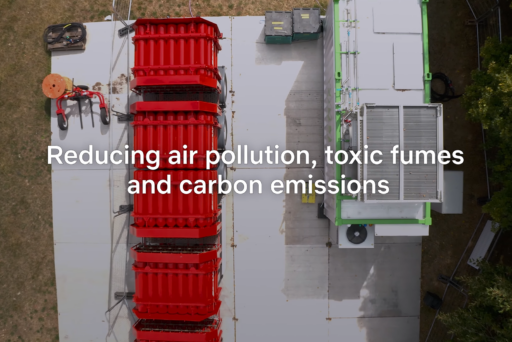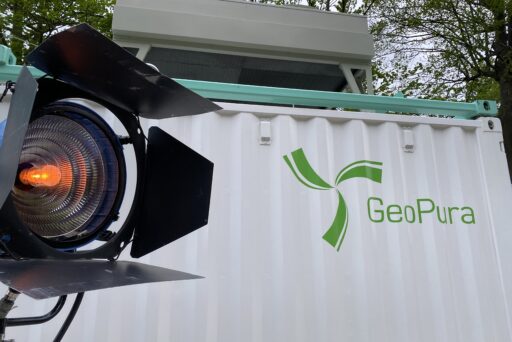Following the recently proposed UK delay of the ban on new petrol and diesel cars and vans from 2030 to 2035 GeoPura CEO Andrew Cunningham, comments: “While most of us consider it unacceptable to throw the remains of a fast food lunch out of our car window, we often overlook the environmental impact of the rubbish that’s dumped out of our vehicle exhaust pipes. Shockingly, every second we drive our fossil fuelled car on average we ‘fly tip’ a volume of waste as exhaust that’s the size of those well known single meal bottles and cartons. Of course, the vast majority of the noxious pollutants from our car are invisible – but they’re still there, belching out of our vehicles unseen, ruining our local air, our neighbours’ health, our climate, and ultimately our food supply.
It should be noted that when biodiesels and similar vegetable oil derived fuels are used that practical high temperature combustion engines still emit dangerous pollutants such as unburnt hydrocarbons, particulates, NOx, with an extremely negative affect on air quality and our health*.
It’s crucial for us as a society to act promptly to prevent further, irreversible harm to our collective health. In this context it’s disappointing to hear about the proposed delay (from 2030 to 2035) of the UK’s ban on new petrol and diesel cars and vans in line with rather uninspiring proposals from the EU.
Any weakening of the UK’s commitment to achieving net zero emissions is worrying, as it sends a troubling message to all of us regarding the urgency of our actions in combating climate change. However, whilst many may be sceptical of the statements made, the UK government remains committed to the UK being net-zero by 2050 – an essential and minimum requirement if we’re to have any chance of avoiding climate catastrophe with the enormous suffering, food shortage, and poverty that this will create.
Considering this, I believe that the UK Government has an opportunity to demonstrate its intention to achieve net zero by 2050 in a more thought through way, and has the opportunity to reasonably argue that a delay to new legislation in 2035 that has wider, more consistent coverage of polluting fossil fuelled engines will be more effective than the original 2030 ban.
Demonstrably, not removing new fossil fuelled vehicles from the roads in 2030 will mean ways must be found of removing more CO2 emissions than previously calculated from 2035 onwards to compensate. The original 2030 ban however can be shown to be well intentioned but flawed because many hundreds of thousands of mobile engines in the UK were left out of scope – those engines that are attached to movable electricity generators and other similar non-road mobile equipment. Typically diesel fuelled electricity generators do much more environmental damage than a diesel fuelled car because they run for much longer periods of time – often equivalent to a car with the same engine traveling 200,000 miles in a year. By extending the scope of the 2035 new fossil fuelled engine ban to include movable electricity generators and similar non-road fossil fuelled mobile equipment the government demonstrates continued commitment to net-zero goals and also is able to show it has produced a more reasonable, thought through way of achieving them than the original 2030 target. The UK stands as the largest diesel generator market in Europe, with a staggering 14.2 billion litres of diesel consumed in non-transport applications in 2019.
This demand is driven by various sectors such as power, construction, data centres, events, and entertainment, where reliable off-grid and backup power is essential. By broadening the scope of the legislation to encompass these engines, the Government can make a significantly more profound impact on emissions reduction, whilst conserving our environment and lifestyle.
The good news is that GeoPura, JCB and other UK companies are leading the world developing, building and deploying fleets of hydrogen fuelled electricity generators and other non-road mobile equipment, as well as investing in the production of zero-emission fuels and offering commercially viable options for decarbonising power generation. These hydrogen fuelled electricity generators are used today by organisations as diverse as The BBC, The MOD, Balfour Beatty, DP World Golf, National Grid, Uniper, Disney and many more. Removing the contradictory aspect of the legislation by increasing its scope at the same time as pushing back the date will not cause diesel genset users any particular inconvenience as the clean alternatives exist and are being manufactured now. There’s plenty of time by 2035 to scale these solutions.
A clear, clarion message of no mobile fossil fuel reciprocating engines from 2035 will improve access to investment, strengthen the supply chain and drive down the cost of non-polluting non-road mobile equipment. We can’t afford to slow down in our pursuit of a more sustainable future. Government has the opportunity to show we’re committed to a cleaner, healthier environment whilst boosting industrial design and manufacture in this sector.”
Notes:
* Poor air quality is the biggest environmental threat to public health. DEFRA draft air quality strategy April 2023 estimated to cause the health equivalent of 28,000 and 36,000 deaths a year attributed to long-term exposure (Public Health England Guidance Health matters: air pollution, Published 14 November 2018)





